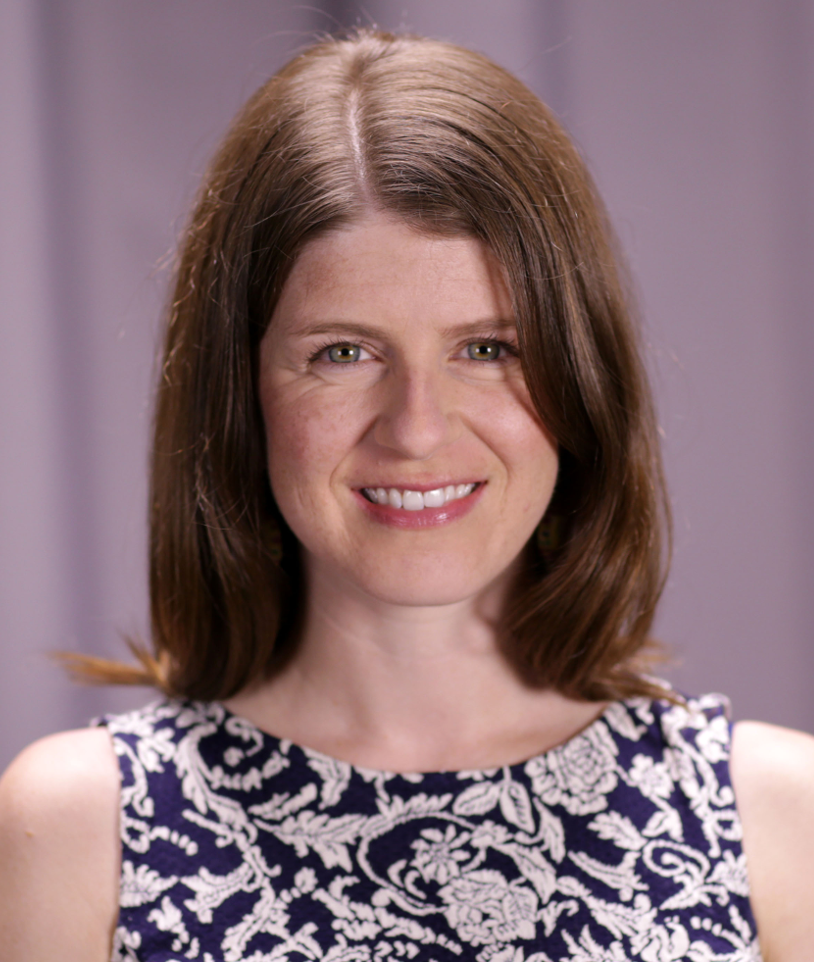
Aug. 17, 2020
VCU professor receives $1.4M grant to study links among divorce, marital discord and offspring alcohol use
Share this story
A Virginia Commonwealth University professor has been awarded a $1.4 million grant to study the mechanisms through which parental divorce, separation and marital discord influence unhealthy drinking behavior by their offspring.
The study, “Using genetically informed designs to understand the impact of parental divorce/separation and parental marital discord on offspring alcohol outcomes,” will be led by Jessica Salvatore, Ph.D., an assistant professor in the Department of Psychology in the College of Humanities and Sciences. The four-year grant was awarded by the National Institute on Alcohol Abuse and Alcoholism, part of the National Institutes of Health.

Parental divorce or separation is relatively common, with 16% of U.S. adults experiencing parent divorce or permanent nonmarital parental separation prior to age 18. Growing up in a household with parental marital discord is even more common.
“Parental divorce/separation and parental marital discord are known correlates of offspring alcohol use disorder (AUD) and related outcomes, including earlier age at first drink and higher levels of substance involvement and misuse beginning in adolescence and persisting into adulthood,” Salvatore said.
“The prevailing explanation for why parental divorce/separation and parental marital discord are associated with riskier offspring alcohol outcomes is that the stress of marital problems disrupts parenting and parent-child relationships, heightens feelings of emotional insecurity, and limits the offspring’s ability to engage in prosocial interactions,” she said.
Past studies have largely not considered the role of shared genetic factors in explaining the connections among parental divorce, separation and marital discord and the alcohol use by offspring. In her previous research, Salvatore has revealed that divorce and marital discord share genetic influences with alcohol problems.
“Offspring exposed to parental divorce/separation and parental marital discord can also inherit a genetic predisposition towards alcohol problems, an example of passive gene-environment correlation,” she said. “This calls into question the extent to which parental divorce/separation and parental marital discord have direct ‘causal’ effects on offspring alcohol outcomes versus the degree to which these exposures reflect shared genetic effects. This project tackles this complexity.”
Salvatore’s overarching goal with her research is to understand how substance misuse affects, and is affected by, close relationships. Her past studies have found that children of problem drinkers are more likely to marry someone with a drinking problem, and that alcohol use disorder and divorce are strongly genetically correlated — meaning that genetic factors that influence divorce also influence the likelihood of developing a drinking problem.
In this project, Salvatore said she expects to find that shared genetic effects will contribute to the associations among parental divorce and separation, parental marital discord and offspring alcohol outcomes. She also expects to find that children’s genetic makeup will predict how sensitive they are to the effects of divorce.
“Specifically, I expect that offspring with higher genetic predispositions for [alcohol use disorder] who are exposed to parental divorce/separation and parental marital discord will be more likely to meet criteria for AUD and endorse riskier alcohol-related outcomes compared to offspring who don’t experience those family stressors,” she said.
The study’s results could one day help inform the work of clinicians working with parents and families experiencing relationship distress and divorce.
Along with Salvatore, the project will involve collaborators at VCU such as the VCU Examining Development, Genes, and Environment Lab that Salvatore co-directs with Danielle Dick, Ph.D., Fazil Aliev, Ph.D., and Sally I-Chun Kuo, Ph.D.; and on the MCV Campus the Virginia Institute for Psychiatric and Behavioral Genetics, which is led by Kenneth Kendler, M.D., and Steven Aggen, Ph.D. It will also include VCU graduate and undergraduate student researchers on both campuses. And it will include Kathleen Bucholz, Ph.D., and Vivia McCutcheon, Ph.D., at Washington University in St. Louis, and VCU alumna Jacquelyn Meyers, Ph.D., at SUNY Downstate Health Sciences University.
Subscribe to VCU News
Subscribe to VCU News at newsletter.vcu.edu and receive a selection of stories, videos, photos, news clips and event listings in your inbox.







